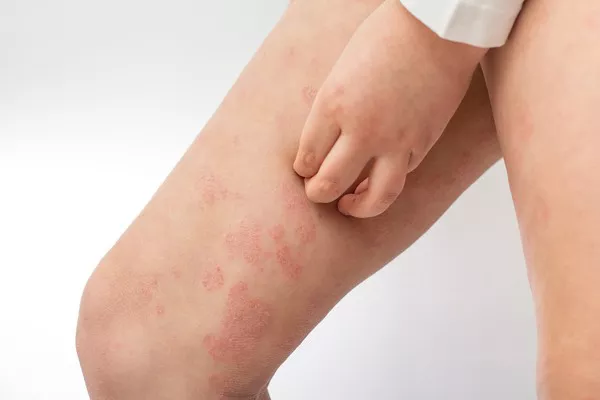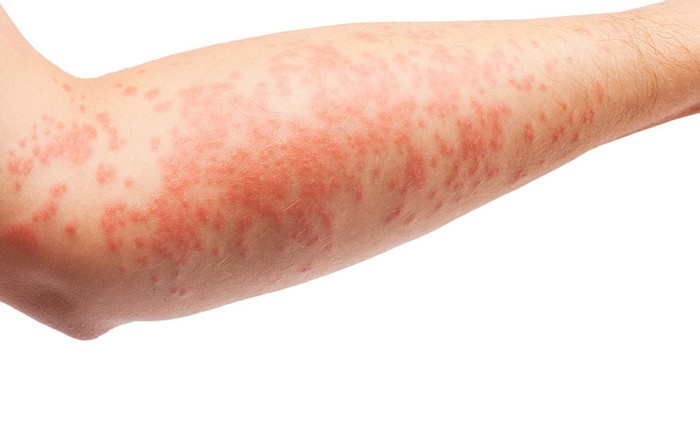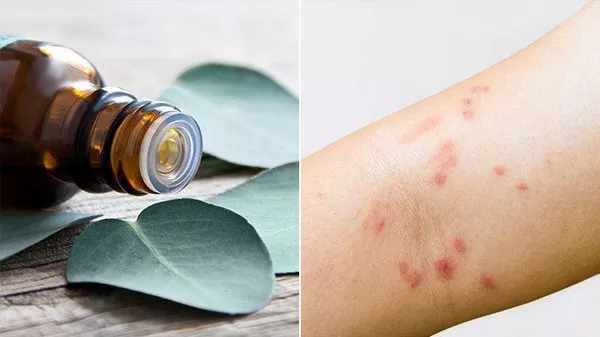Eczema, also known as atopic dermatitis, is a chronic skin condition characterized by red, itchy, and inflamed skin. It affects millions of people worldwide, and those with this condition often need to be extra cautious about the products they use, including laundry detergents. The wrong detergent can exacerbate eczema symptoms, causing discomfort and distress. This article aims to provide a comprehensive guide to choosing the best laundry detergent for eczema, ensuring your skin remains healthy and comfortable.
Understanding Eczema and Its Triggers
Eczema is a multifaceted condition influenced by genetic, environmental, and immune factors. The skin barrier in eczema patients is often compromised, making it more susceptible to irritants and allergens. Common triggers include certain fabrics, soaps, detergents, and even environmental factors like pollen or pet dander.
Why Laundry Detergents Matter
Laundry detergents are a common culprit in triggering eczema flare-ups. Traditional detergents often contain harsh chemicals, fragrances, dyes, and other additives that can irritate sensitive skin. These substances can leave residues on clothing, which, when in contact with the skin, cause itching, redness, and inflammation. Therefore, selecting the right detergent is crucial for managing eczema.
Key Factors in Choosing a Laundry Detergent for Eczema
When selecting a laundry detergent for eczema-prone skin, there are several factors to consider:
1. Free of Fragrances and Dyes: Fragrances and dyes are common irritants that can exacerbate eczema symptoms. Opt for detergents labeled as “fragrance-free” and “dye-free.”
2. Hypoallergenic: Hypoallergenic detergents are formulated to minimize the risk of allergic reactions. They are often free from common irritants and allergens.
3. Gentle Formulation: Look for detergents with mild, gentle formulations. Avoid those containing harsh chemicals like sulfates, phosphates, and bleach.
4. Residue-Free: Some detergents can leave residues on fabrics, which can irritate the skin. Choose detergents that rinse clean and do not leave a residue.
5. Dermatologist-Recommended: Products recommended by dermatologists are often a safer choice for those with eczema. These products have been tested and found to be suitable for sensitive skin.
Top Laundry Detergents for Eczema
Here are some of the top laundry detergents recommended for individuals with eczema:
All Free Clear
- Features: All Free Clear is a popular choice for sensitive skin. It is free from fragrances and dyes and is hypoallergenic.
- Benefits: This detergent is effective at cleaning while being gentle on the skin. It is also recommended by dermatologists and pediatricians.
Tide Free & Gentle
- Features: Tide Free & Gentle is another well-known option. It is free of dyes and perfumes and is hypoallergenic.
- Benefits: It is designed to provide a deep clean without irritating sensitive skin. Tide is a trusted brand, and this variant lives up to its reputation.
Seventh Generation Free & Clear
- Features: Seventh Generation Free & Clear is a plant-based detergent free from synthetic fragrances, dyes, and artificial brighteners.
- Benefits: This eco-friendly detergent is tough on stains but gentle on the skin, making it a great choice for those with eczema.
Dreft Pure Gentleness
- Features: Dreft Pure Gentleness is specifically formulated for babies but is also excellent for adults with sensitive skin. It is hypoallergenic and free from dyes and perfumes.
- Benefits: This detergent is gentle yet effective, providing a thorough clean without causing irritation.
Arm & Hammer Sensitive Skin Free & Clear
- Features: Arm & Hammer Sensitive Skin Free & Clear is free of perfumes and dyes and is dermatologically tested.
- Benefits: Known for its powerful cleaning abilities, this detergent is also gentle on sensitive skin, making it ideal for eczema sufferers.
Tips for Washing Clothes with Eczema in Mind
1. Double Rinse: To ensure all detergent residue is removed, consider using a double rinse cycle. This can help prevent any lingering irritants from contacting the skin.
2. Use Warm Water: Washing clothes in warm water can help remove allergens and residues more effectively than cold water.
3. Avoid Fabric Softeners: Fabric softeners often contain fragrances and chemicals that can irritate the skin. Opt for fragrance-free dryer sheets or natural alternatives like wool dryer balls.
4. Wash New Clothes Before Wearing: New clothes can have residues from manufacturing processes. Washing them before wearing can help remove these potential irritants.
5. Choose the Right Fabrics: Natural fibers like cotton are generally better for sensitive skin than synthetic materials. However, washing even natural fibers with a suitable detergent is crucial.
SEE ALSO: How to Treat Papular Eczema
Alternative Laundry Solutions
For those with severe eczema, traditional laundry detergents might still cause irritation despite being labeled for sensitive skin. In such cases, alternative laundry solutions can be considered:
1. Soap Nuts: Soap nuts are a natural alternative to conventional detergents. They contain saponin, a natural cleaner, and are gentle on the skin.
2. Baking Soda and Vinegar: Using a combination of baking soda and vinegar can clean clothes effectively while being gentle on the skin. Baking soda helps with deodorizing, while vinegar acts as a natural fabric softener.
3. Homemade Detergents: Making your own detergent allows you to control the ingredients. A simple recipe might include washing soda, borax, and a mild soap like castile soap.
Addressing Common Concerns
1. Effectiveness: One common concern with gentle or natural detergents is whether they clean as effectively as traditional ones. Many hypoallergenic and fragrance-free detergents are formulated to provide a thorough clean without compromising on gentleness.
2. Cost: Specialized detergents for sensitive skin can sometimes be more expensive. However, considering the benefits of reduced skin irritation and fewer flare-ups, the investment is often worthwhile.
3. Environmental Impact: Many hypoallergenic detergents are also eco-friendly, using biodegradable ingredients and recyclable packaging. This can be an added benefit for those looking to reduce their environmental footprint.
Conclusion
Living with eczema requires careful attention to everyday products, including laundry detergents. By choosing detergents that are free from fragrances, dyes, and harsh chemicals, and by following best practices for washing clothes, individuals with eczema can help manage their symptoms and reduce flare-ups. Always consult with a dermatologist if you’re unsure about which products to use, and remember that what works for one person may not work for another. Personal trial and error, along with professional guidance, will help you find the best solution for your skin.
Related Topics:























